John Stockton (Part 1)
John Stockton (Part 1)
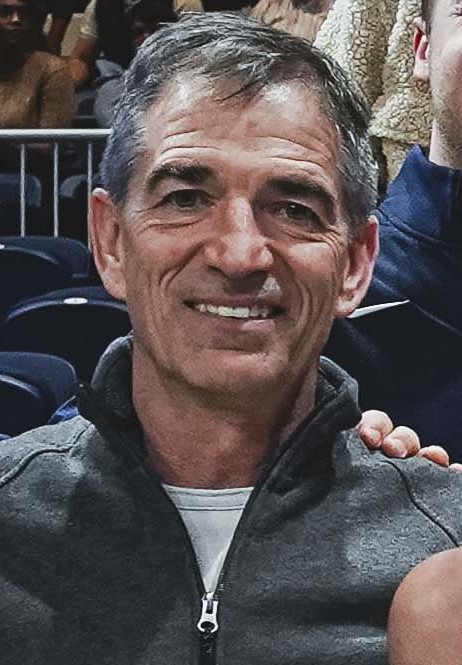
John Houston Stockton, born on March 26, 1962, is widely recognized as one of the greatest point guards and players in the history of basketball. Throughout his entire NBA career from 1984 to 2003, Stockton remained loyal to the Utah Jazz, leading them to the playoffs in each of his 19 seasons. His partnership with Karl Malone, another legendary player, propelled the Jazz to two NBA Finals appearances in 1997 and 1998, where they faced defeat against the Chicago Bulls.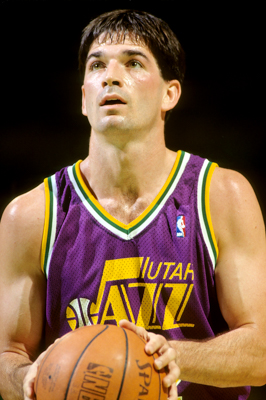
Stockton's career is adorned with numerous accolades, including being selected as a ten-time NBA All-Star. His name is etched in the record books of the NBA, holding unmatched records for the most career assists and steals by significant margins. Such remarkable achievements earned him induction into the Naismith Memorial Basketball Hall of Fame in 2009, both for his individual career and as a member of the iconic 1992 United States Olympic basketball team.
Furthermore, Stockton's legacy was further solidified when he was named one of the 50 greatest players in NBA history in 1996. His contributions to the sport and his exceptional skills on the court have left an indelible mark on basketball history. In recognition of his enduring impact, Stockton was honored once more in October 2021, as he was named to the prestigious NBA 75th Anniversary Team, cementing his status as one of the league's all-time greatest players.
John Stockton was born in Spokane, Washington, to Clementine (née Frei) and Jack Stockton. He began his education at St. Aloysius grade school before moving on to Gonzaga Prep for high school. Stockton graduated from Gonzaga Prep in 1980, leaving behind a remarkable legacy after breaking the city record for points scored in a single basketball season.
After weighing offers from Don Monson at Idaho and Mike Montgomery at Montana, both in the Big Sky Conference, Stockton ultimately decided to remain in Spokane and play college basketball for Dan Fitzgerald at Gonzaga University. This decision made him the third generation in his family to attend GU, following in the footsteps of his grandfather, Houston Stockton, who was a notable football player for the Bulldogs in the 1920s. Fitzgerald, who was also the athletic director, stepped away from coaching for four years after Stockton's freshman year, promoting assistant Jay Hillock to head coach.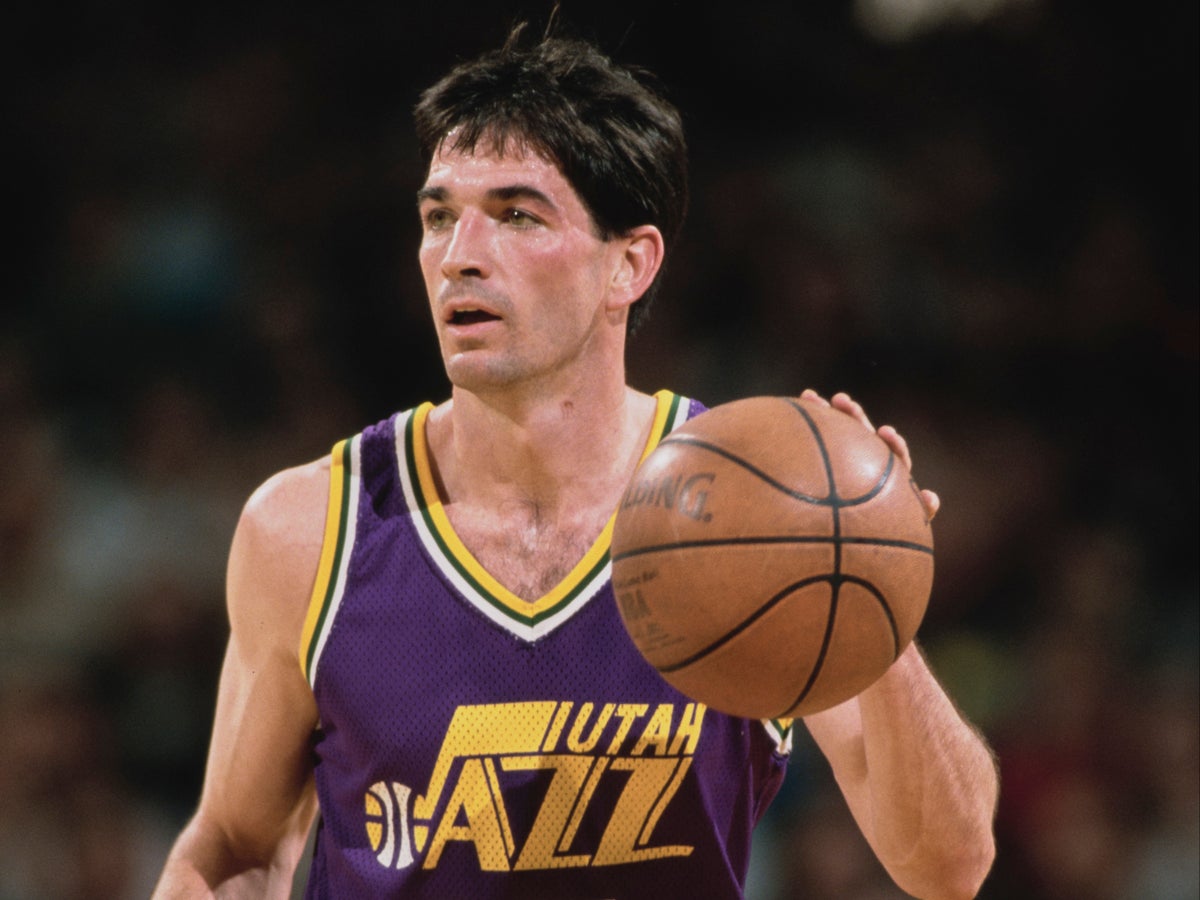
During his senior year with the Bulldogs in 1984, Stockton showcased his skills by averaging 20.9 points per game while shooting an impressive 57% from the field. The Zags achieved a 17–11 record, their best in 17 years, with Stockton leading the West Coast Athletic Conference (WCAC) in scoring, assists, and steals. For his outstanding performance, he was honored as the WCAC Player of the Year, becoming the first Gonzaga player to receive this accolade.
Stockton was among the 74 college players invited to the spring tryouts for the 1984 U.S. Olympic team, which was coached by Bob Knight. Making the initial cut to the final 20 players in April, Stockton was eventually one of four players released in May, along with Charles Barkley, Terry Porter, and Maurice Martin, in the penultimate cut to the final 16-man roster. Although he was not selected for the Olympic team, this experience allowed him to forge a friendship with his future teammate, Karl Malone.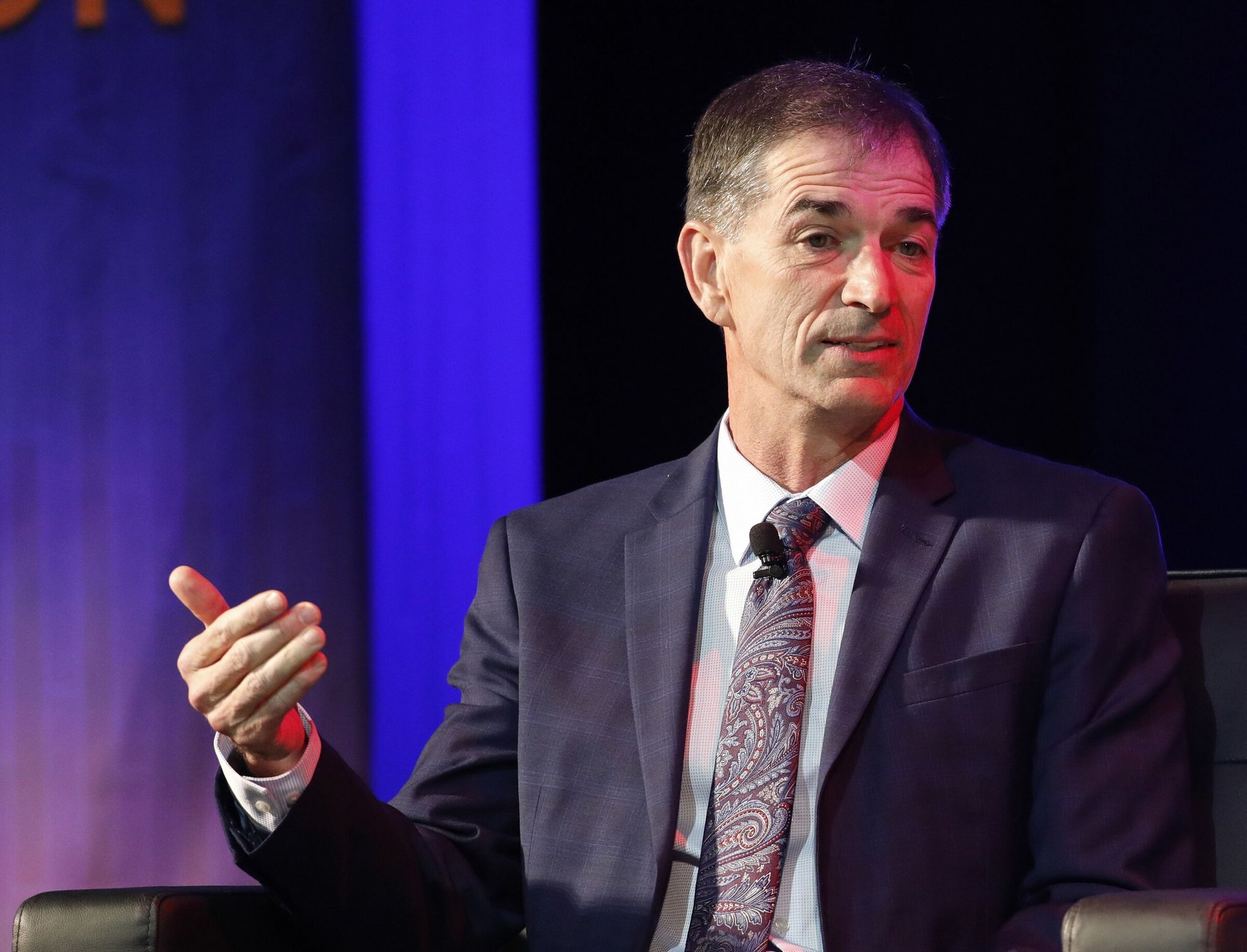
In June 1984, Stockton's talent was recognized when he was selected by the Utah Jazz in the first round of the 1984 NBA draft with the 16th overall pick. Despite being relatively unknown during his college career, Stockton's stock rose significantly in the months leading up to the draft. However, the announcement of his selection to the gathered Jazz fans at the Salt Palace on draft day was met with stunned silence.
Stockton became the starting point guard for the Jazz in the 1987–88 season. Despite finishing tenth in MVP voting and being named to the All-NBA Second Team after averaging 14.7 points, 13.8 assists, and 3 steals per game, Stockton was not initially selected to play in the 1988 NBA All-Star Game. However, he played in his first All-Star Game in 1988–89 and led the NBA in assists per game for the first of nine consecutive seasons.
On January 15, 1991, Stockton had a memorable performance, scoring 20 points and dishing out a career-high and franchise-record 28 assists in a win against the San Antonio Spurs. He nearly recorded a triple-double on February 12, 1991, with 19 points, 11 assists, and 9 steals in a victory over the Houston Rockets.
In 1992, Stockton and the Jazz reached the Western Conference Finals for the first time but were defeated by the Portland Trail Blazers in six games. Stockton was named co-MVP of the All-Star Game in 1993, alongside his teammate Karl Malone.
During the 1994-95 season, Stockton achieved several milestones. On February 1, 1995, he surpassed Magic Johnson as the NBA's all-time leader in assists. Seventeen days later, Stockton became the first player to record 10,000 assists in his career. On March 25 of the same year, he became the second player in NBA history to record 2,000 steals.
Despite reaching the Conference Finals in 1994 and 1996, the Jazz fell short against the Houston Rockets and the Seattle SuperSonics, respectively.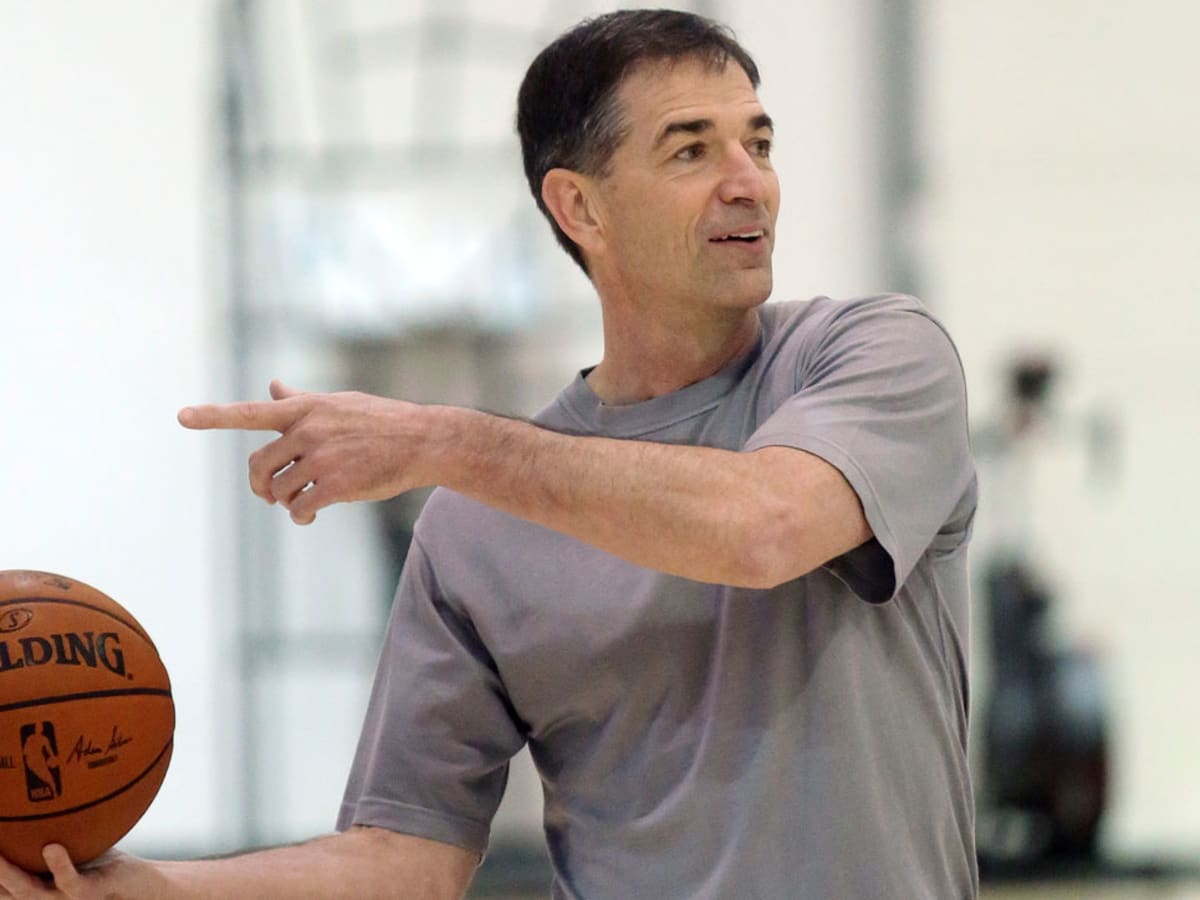
References
- "NBA All-Time Assists Leaders – National Basketball Association – ESPN". Espn.go.com. Archived from the original on July 19, 2016. Retrieved September 10, 2016.
- ^ "NBA All-Time Steals Leaders – National Basketball Association – ESPN". Espn.go.com. Archived from the original on July 28, 2016. Retrieved September 10, 2016.
- ^ "SI.com - Photo Gallery - Top 10 All-Time Point Guards". Archived from the original on March 11, 2009. Retrieved June 10, 2009.
- ^ "The Naismith Memorial Basketball Hall of Fame - Hall of Famers". Archived from the original on August 18, 2010. Retrieved August 14, 2010.
- ^ "NBA at 50: Top 50 Players". NBA. Archived from the original on November 14, 2017. Retrieved January 4, 2022.
- a b nba.com/75
- ^ "1". Freepages.genealogy.rootsweb.com. Archived from the original on March 1, 2008. Retrieved September 10, 2016.
- ^ Rushin, Steve (July 27, 1992). "City of stars". Sports Illustrated. p. 62. Archived from the original on July 21, 2019. Retrieved February 13, 2020.
- ^ Weaver, Dan (September 17, 1990). "Stockton: one of NBA's premier point guards sweated his way to superstar status". Spokesman-Review. (Spokane, Washington). p. C1. Archived from the original on April 25, 2022. Retrieved October 20, 2020.
- ^ "Gonzaga 84, Rogers 61". Spokesman-Review. (Spokane, Washington). February 16, 1980. p. 22. Archived from the original on September 17, 2023. Retrieved October 20, 2020.
- ^ Derrick, Merle (February 16, 1980). "Shadle wraps up title". Spokane Daily Chronicle. (Washington). p. 13. Archived from the original on September 17, 2023. Retrieved October 20, 2020.
- ^ Goodwin, Dale (February 22, 1980). "Stockton: Slow to grow, quick to score". Spokesman-Review. (Spokane, Washington). p. 22. Archived from the original on November 29, 2022. Retrieved October 20, 2020.
- a b Goodwin, Dale (April 7, 1980). "Stockton to enroll at Gonzaga". Spokesman-Review. p. 23. Archived from the original on April 19, 2022. Retrieved October 20, 2020.
- ^ "Hillock gets Gonzaga job". Spokane Daily Chronicle. March 4, 1981. p. 21. Archived from the original on April 25, 2022. Retrieved October 20, 2020.
- ^ Blackwell, Dave (June 20, 1984). "Stockton pick hailed as Jazz coup". Deseret News. p. G-1. Archived from the original on April 25, 2022. Retrieved October 20, 2020.



















































